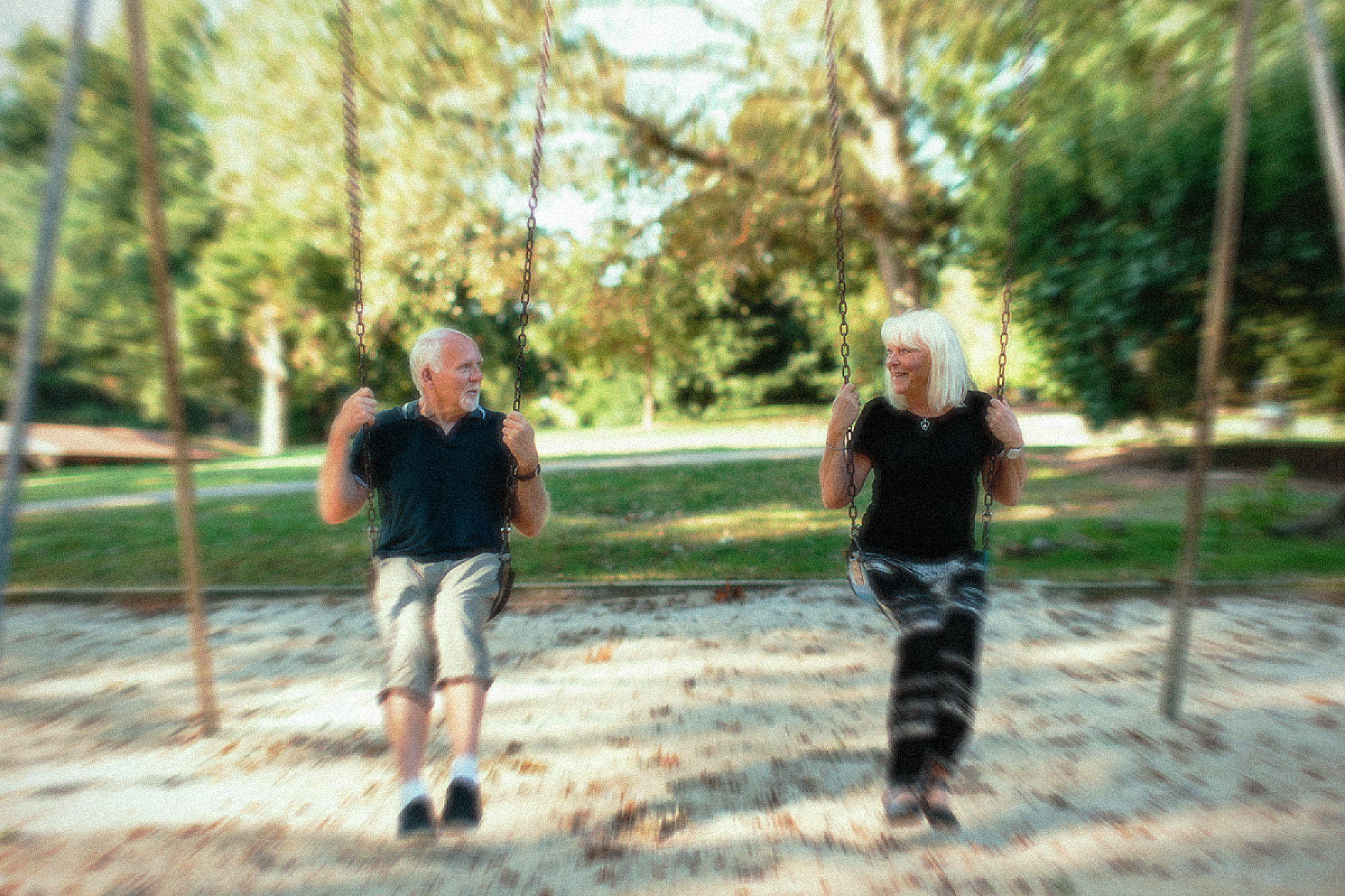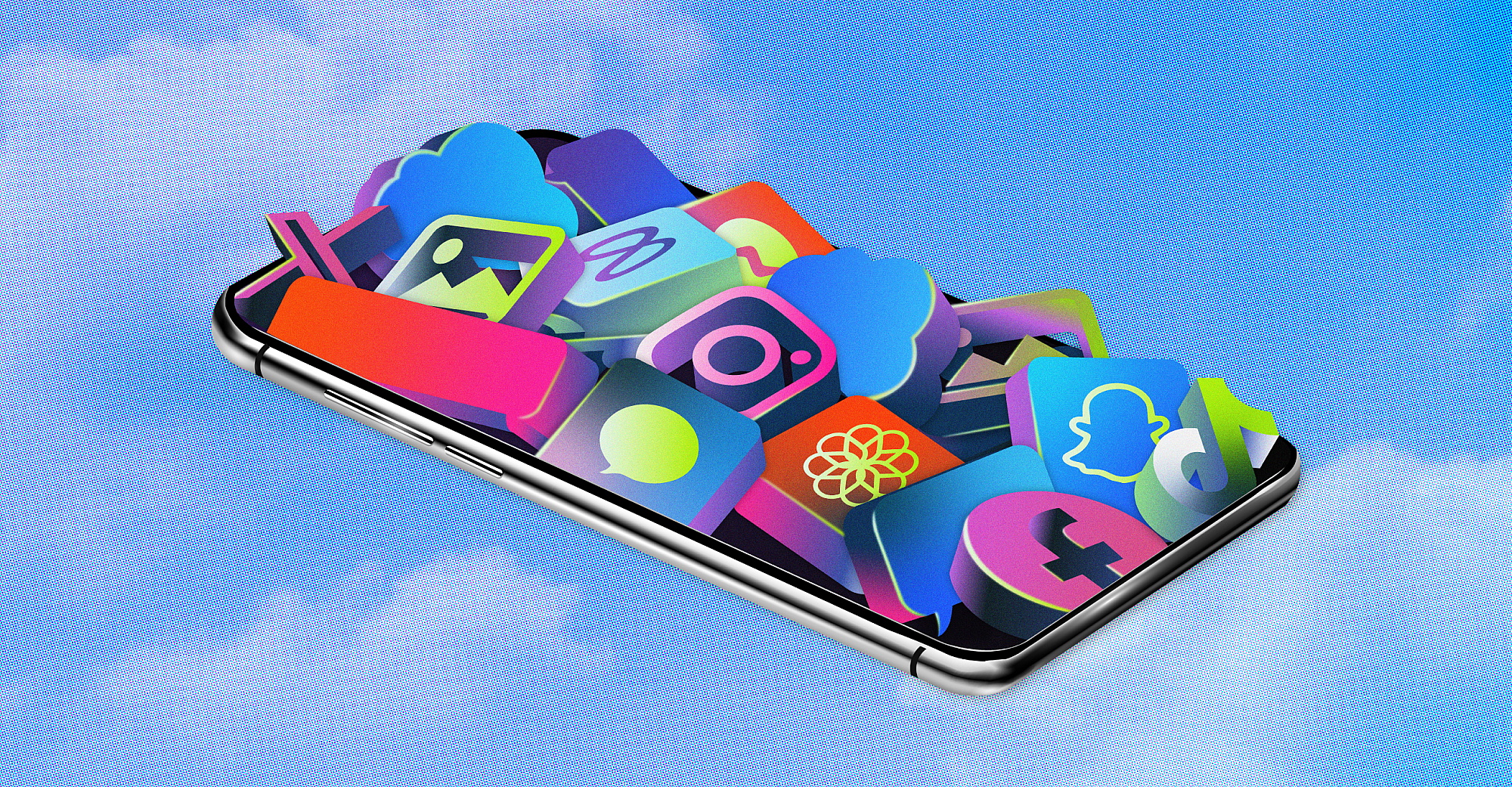The person who runs the McDonald’s social account is texting me personally. On TikTok, I see a video uploaded by a gym’s corporate account featuring a dancing cat, superimposed onto the gym’s roof, accompanied by the post’s creator pleading viewers to drive up the post’s likes or they “will get fired.” Ryanair, Duolingo, Xbox and Shopify are replying to one another’s comments in another video. While I’m used to seeing influencers and celebrities post sponsored content about brands in their feeds, now it feels like all of these brands are the social media influencers themselves. Why are brands—who previously assumed a more detached objectivity—acting like people?
@femmenj Lesson of the day: Don’t lie on your resume 🤦♀️ #gymhumor #humor #gymgirl #gym #fypシ #womensgym #womensfitness #allwomensgym #femalegym #womenownedbusiness #bergencountynj #funny #gymrat #foryou #fypシ ♬ オリジナル楽曲 - unicouniuni - I’m Uni.
For individuals on the job market or in the public eye, personal branding is not a new concept. Writer Tom Peters introduced the idea in “The Brand Called You,” a 1997 article for Fast Company, where he explored how, with the rise of the internet, people must develop a distinct brand identity to showcase our value and differentiate ourselves. Within the media and marketing industry, professionals used personal branding to solidify their credibility in certain niches.
Now, in the age of curation, personal branding has transcended career prospects to encompass a larger sense of identity: who you are, what you believe, what you like. This practice has become second nature for Gen Z. By simply choosing what images to upload to Instagram, or which tweets to RT, they’re creating a personal brand. And while this habit has evolved, the rise of the influencer—a marketer trading in authenticity—ushered personal branding into the mainstream.
When it comes to advertising, Gen Z craves genuine authenticity and human connection. (According to one survey, 82% of respondents said they trust a company more if it uses images of real customers in its advertising.) The marketing success of influencers and celebrities derives from that intimacy and access. They let us into their world, share candid details about themselves and their lives and then recommend products to buy. We feel like we know them, we trust them, and in some cases we form a parasocial relationship with them. It doesn’t feel like an ad; it feels like a friend giving us advice.
In today’s oversaturated media landscape where everything is up for public discussion, perception is often reality. When we introduce a celebrity or a public figure into the equation, it becomes nearly impossible to separate the product from the human persona associated with it.
- Izzi Sneider, D1A
As social media and influencer placement has become a crucial marketing strategy, cultivating a human persona has become increasingly important. Even if a product isn’t being sold—perhaps just their taste or “aesthetic”—the everyday person tends to employ influencer or brand tactics in how they post to Instagram. Reddit users have coined this as “influencerification.” But while people are acting more like brands, with influencers and celebrities channeling the trust they’ve cultivated with their followers into secondary business ventures, brands are conversely trying to act more like influencers.
But while people are acting more like brands, with influencers and celebrities channeling the trust they’ve cultivated with their followers into secondary business ventures, brands are conversely trying to act more like influencers.
“Sentient brands,” such as Planter’s Peanuts and (Jake from) State Farm, are using conversational tactics to act as though their social media managers are speaking directly to fans while the boss is away. Unlike other companies that primarily share traditional editorial content on social media, Duolingo has been incredibly successful in establishing a stronger connection with its users, similar to the parasocial relationships that social media influencers have with their followers.
It is with heavy hearts that we confirm that Mr. Peanut has died at 104. In the ultimate selfless act, he sacrificed himself to save his friends when they needed him most. Please pay your respects with #RIPeanut pic.twitter.com/VFnEFod4Zp
— Mr. Peanut (@MrPeanut) January 22, 2020
The idea is, when people view these brands as a single person rather than a faceless entity, there is a stronger emotional bond: You care about a human, you want to see them succeed, and, if you happen to develop a fondness for the persona, you’re more likely to defend or support them. The hope is that Gen Z consumers will stay loyal to a brand because of their affinity with their persona, regardless of the product.
Persona-based marketing has taken a diverse path, particularly with the emergence of celebrity and influencer-led brands. These influencers rely on their existing audiences to back their additional business endeavors. Known for her popular YouTube videos, Emma Chamberlain built a following from successful “#relatable” personal branding and parlayed her internet fame into bona fide celebrity status and mainstream social influencing. (She hosted the red carpet at this year’s Met Gala for the second time.) So, when Chamberlain launched her coffee brand Chamberlain Coffee, her audience felt compelled to go along for the ride with her. Coffee was a running theme in her previous organic posts; the brand was a natural extension of the personality she cultivated.
Problems arose, however, when Chamberlain more recently decided to step back from influencing, the “product” that earned her fans in the first place. When she stopped posting regular YouTube and Instagram content and stopped sharing personal life updates, her more ardent fans began feeling taken advantage of. They also stopped buying her coffee, feeling that she is out of touch with her audience because, as one former fan put it, she gets to make millions off of selling coffee and going to exclusive events. As a celebrity, the public perception of her brand will always be closely tied to her own current reputation, and studies have shown that negative perceptions of a brand’s ambassador correlates to negative perceptions of the brand itself.
Today’s social media users have a unique level of savvy, and are able (and willing) to discern true authenticity and sincerity. Last month, many Frank Ocean fans seemingly turned on the artist, feeling that his lackluster Coachella performance and long-term musical hiatus were evidence that he viewed his fans solely as potential customers for his luxury jewelry brand, Homer. One Twitter user even suggested that Ocean only performed in order to sell his jewelry. Likely as a result of the backlash, Ocean dropped out of his Coachella performance for weekend two of the festival. Others criticized Homer’s prices, noting that they aren’t within the budget of the average Ocean fan. (It’s worth noting that Homer is meant to be a luxury line created by Frank Ocean, and not Frank Ocean merch.)
frank ocean coachella is just a marketing scheme for homer the surprise guest is cody and he will be giving a 3 hour ted talk about sustainable jewelry making
— UFO (@pseudeauriche) April 17, 2023
In contrast, Rihanna has launched both a makeup line, Fenty Beauty, and a lingerie line, Savage x Fenty, that have remained wildly popular and synonymous with quality even as she’s distanced herself from her music career. Fans have continued to stan her for a few simple reasons: not only has she consistently released inclusive, high quality products at a price point that feels reasonable to her general audience, she’s also retained the outspoken, no B.S. persona that’s earned her fans since her music industry debut.
Ocean is not the only celebrity to fumble the bag like this. In today’s oversaturated media landscape where everything is up for public discussion, perception is often reality. When we introduce a celebrity or a public figure into the equation, it becomes nearly impossible to separate the product from the human persona associated with it. We view celebrity-led businesses as an extension of the celebrities’ personal brand, and if we trust the person, it follows that we trust the brand.
Gen Z’s firsthand experience with personal branding ensures that they can intuit when the brands they follow are attempting to influence them. They want to be able to believe that the brands they support care about them. Snapchat, in a study that tests the Immersion score of different types of advertising on the platform, found that brand purpose messaging scored highest and was most effective in reaching the Gen Z cohort. They do still crave human connection from the brands they choose to support, but what constitutes humanness vs. a created persona is shifting as there’s increasing pushback against the “influencerification” of brand accounts.
For example, instead of pretending that the automated SMS blasts are being personally written by a social media intern named Brian, brands can start actually being honest, and lean into the mission narratives behind the company. Aerie, American Eagle’s intimates line, has become synonymous with “authenticity” and “human” to Gen Z, because of their commitment to support realistic beauty standards and make clothing accessible for a range of bodies, a cause young people are vocal about.
Young people are interested in seeing where their money is going, understanding the ethics behind the companies they support, and value entities that care about the wellbeing of their employees and customers. According to one McKinsey report, "70% of A-class and 58% of C-class consumers are willing to pay a premium for products from brands that embrace causes those consumers identify with. And here’s another finding that stood out in our survey: 48% of Gen Zers—but only 38% of consumers in other generations—said they value brands that don’t classify items as male or female.”
The youth want fewer corporate memes, more transparency. Instead of pandering to Gen Z with marketing stunts, brands can connect with younger audiences through cause-based campaigns that address human issues, uplift customers, and foster a culture of feedback and customer participation.
For young people, their likelihood of supporting a brand is entirely based on their perception of the brand. What happens when a brand lets their social persona become their defining attribute? At best, if a company doesn’t build a brand message outside of their influencer-inspired social media persona, they’ll end up like The Weeknd, who is currently causing a stir online after vowing to “kill off” his professional persona and choosing to use his legal name, Abel Tesfaye, across social platforms. His fans are not on board with the switch-up, refusing to call him by his real name. Once you create that persona, it’s impossible to shake it off.
It’s just not going to be the same anymore pic.twitter.com/AjdGxpicfX
— CuriousG (@SoundsLikeTroy) May 15, 2023




